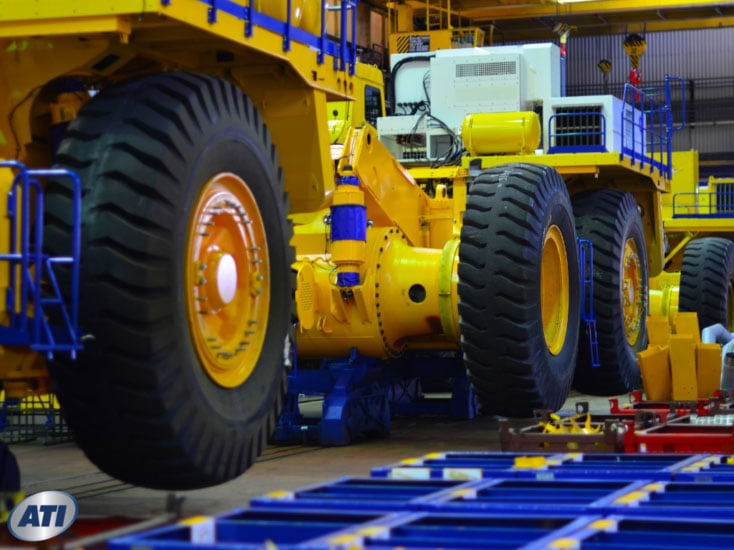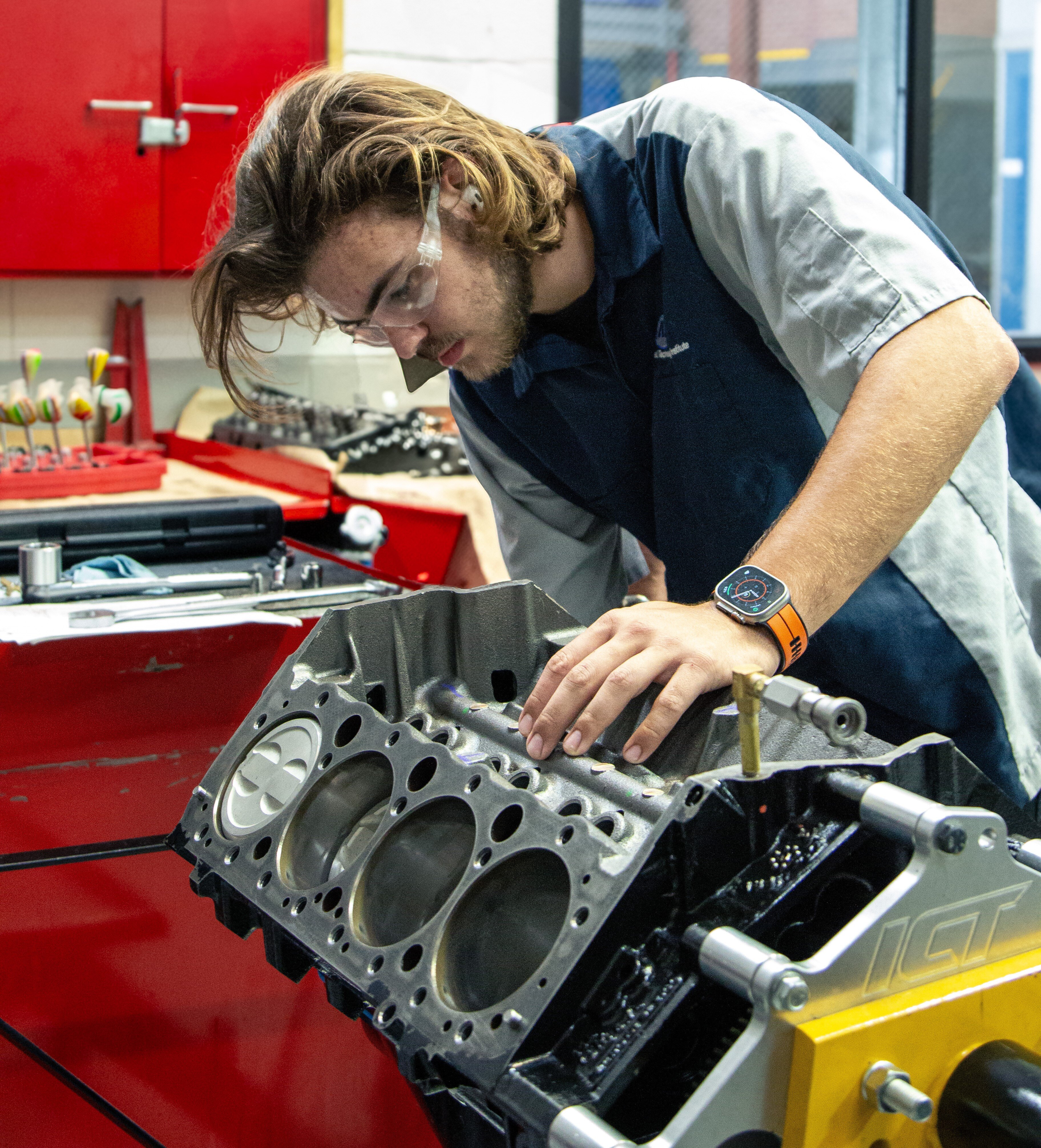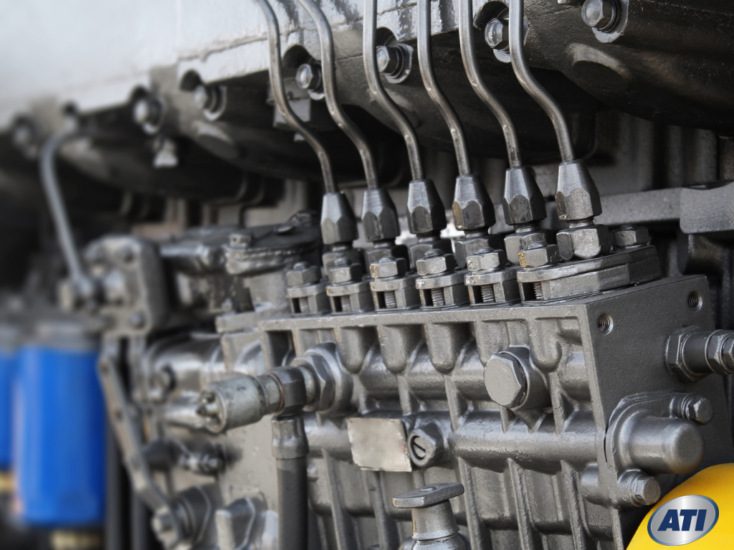What Does a Heavy Vehicle Technician Do in their Job?

Heavy vehicles are very important in the large scale commercial, agriculture and industry, and they require heavy vehicle professionals to keep them running properly. Heavy vehicles like bulldozers, trucks and trains require special maintenance in order to promote safety and optimal performance.
Heavy vehicle mechanics and technicians are responsible for the upkeep of the engines and systems of such machinery, which begs for particular knowledge of the models, techniques and makes that are necessary for installation, maintenance and repairing them.
A heavy vehicle technician is responsible for inspecting, maintaining and repairing the vehicles and machinery. The task will require you to work in repair shops though some may require you to work outdoors as well. The task may be physically demanding. You may be needed to lift tools and parts that are heavy and may have to place yourselves in an awkward position to reach the hard to reach regions.
Daily Activities of a Heavy Vehicles Technician and Skills Required to Perform Your Tasks
As mentioned above, heavy vehicle technicians repair, maintain, and overhaul heavy vehicles as well as industrial equipment like stationary and mobile internal combustion components and engines, tracked equipment using crawler tractors, using and maintaining ground engaging equipment like the ditchers, rippers, backhoes and trenchers, towing scrapers, use and repair rubber tired equipment.
Generally, as a heavy vehicle technician you’re employed by specialized repair workshops and organizations that own or lease heavy equipment that are utilized in mining, construction, forestry, material handling, land clearing, landscaping, agriculture as well as transportation industries.
To be a good heavy vehicle technician, you must interpret work orders and technician manuals, keep the equipment cleaned, maintained and lubricated, write service reports, diagnose faults along with any malfunction, repair and replace the defective parts, systems or components, adjust the equipment, test repaired equipment for proper performance, and make sure that the work done meets the manufacturer’s specs as well as legislated regulations.

Why is Formal Training so Important in this Career?
Proper training helps impart the necessary knowledge and experience to perform your tasks. One main skill that you must possess as a heavy vehicle technician is having superior diagnostic skills. Employers do not want to wait long while their heavy equipment is down because they lose dollars and time required to execute projects. Great technicians are in a position to effectively and efficiently utilize the diagnostic tools to figure out what is wrong as quickly as possible.
The best mechanics rolls up their sleeves, “get under the hood” and fix issues. You should not be afraid to get greasy, and should always be engaged. You’re also required to understand how to deal with problems when working in repair shops and when in the office.
The ability to quickly identify issues and utilizing the best and less expensive solutions is a desirable trait. Proper communication required to relay information on proposed fixes to the customers and being able to address customers’ uninformed questions and opinions with reliable, honest information is important.
Most importantly, you need to know your way around the toolbox. You’re also required to understand the latest technologies and tricks to solve issues. Most heavy equipment is equipped with complex systems and the technologies employed in repairing them is constantly changing. Understanding how to utilize advanced diagnostic tools and work with the machinery electronics differentiates great technicians from those that are only good.
Importance of Getting a Degree in Your Quest for Becoming a Heavy Vehicles Service Tech
A degree helps you to learn about equipment and shop safety, professionalism, and how to take care of your tools and the shop. Through classroom lectures and cooperative work experiences, you should pick up essential abilities like working in a team as well as learning from others. It also could help enhance your writing, reading, comprehension, as well as communication skills.
Graduates typically get training on how to professionally repair, maintained and entirely overhaul a variety of vehicles. Formal training improves your chances of getting employment as a foreman or a technician.
Are You Ready to Start Learning?
If you are interested in heavy vehicle repair training and want to earn an Associate of Occupational Science Degree in Heavy Vehicle Technology, ATI offers this course at an accelerated pace. For more information on this exciting program, connect with a friendly ATI admissions advisor today.

Industry Knowledge
Welcome to the Advanced Technology Institute's Blog, your resource for industry insights and discussions on technologies shaping the future of automotive, heavy vehicle, hvac, welding, and other related career paths.
Explore how ATI's curriculum and hands-on learning opportunities can propel your career in the tech-driven world.


